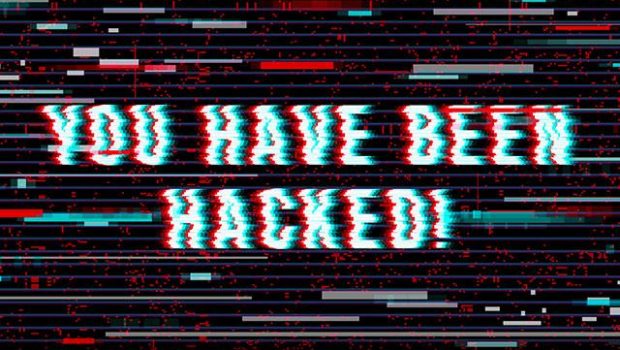Six Ways to Stop Hackers From Stealing Your Data
Editor's Note: For the past three weeks, DTN/Progressive Farmer has been posting a special series called Cybersecurity and Ag to examine the threat cyberattackers pose to agriculture and explore what farmers, ranchers and agribusinesses can do to protect themselves from these high-tech criminals. This is the eighth and final story in the series.
**
At the end of the day, nothing is guaranteed. Cybersecurity is both a race and a series of common-sense moves to make one target (you) less desirable than another. Here are six key ways to stop most hackers from stealing your data:
1. PASSWORDS MATTER. Use password protection for phones, laptops, PCs and tablets. Avoid weak passwords. They should never include family or pets' names or your place of birth. And be careful answering all those fun Facebook questions about your favorite high school teacher or the name of your pet. This information can be a valuable clue to help hackers figure out your most commonly used passwords.
2. ENCRYPTION. Consider encryption as another layer of protection for your data. This option is built into most PCs and Macs and prevents unauthorized access.
3. ANTIVIRUS PROTECTION. Keep it up to date and turned on. Also, check to see that your firewall is switched on -- that's a buffer between your network and the internet.
4. BACKUPS ARE CRITICAL. Make regular backups of data and keep this backup separate. External hard drives are available that can hold a lot of information, many automatically backing up everything you do on your computer. Cloud backups are also available. Consider using both.
5. TWO-FACTOR AUTHENTICATION. Make sure important accounts are only accessible with two-factor authentication. This is one of the best ways to verify that it is really you trying to log into your account.
6. YOU CAN'T BE TOO NICE. Phone calls or emails from people you don't know should be viewed with caution. Never click on a link in an email you are not expecting. Never share personal information over the phone. If you have doubts about the authenticity of correspondence, check directly with your financial institution or your local police department. Remember, these criminals are good at what they do. They may claim to be an authority figure, tell you how urgent the matter is, or sometimes even try to appeal to your emotional side. Do not respond until someone you trust has advised you it is safe.
**
You can find the rest of the stories in the Cybersecurity and Ag series at:








Gloss